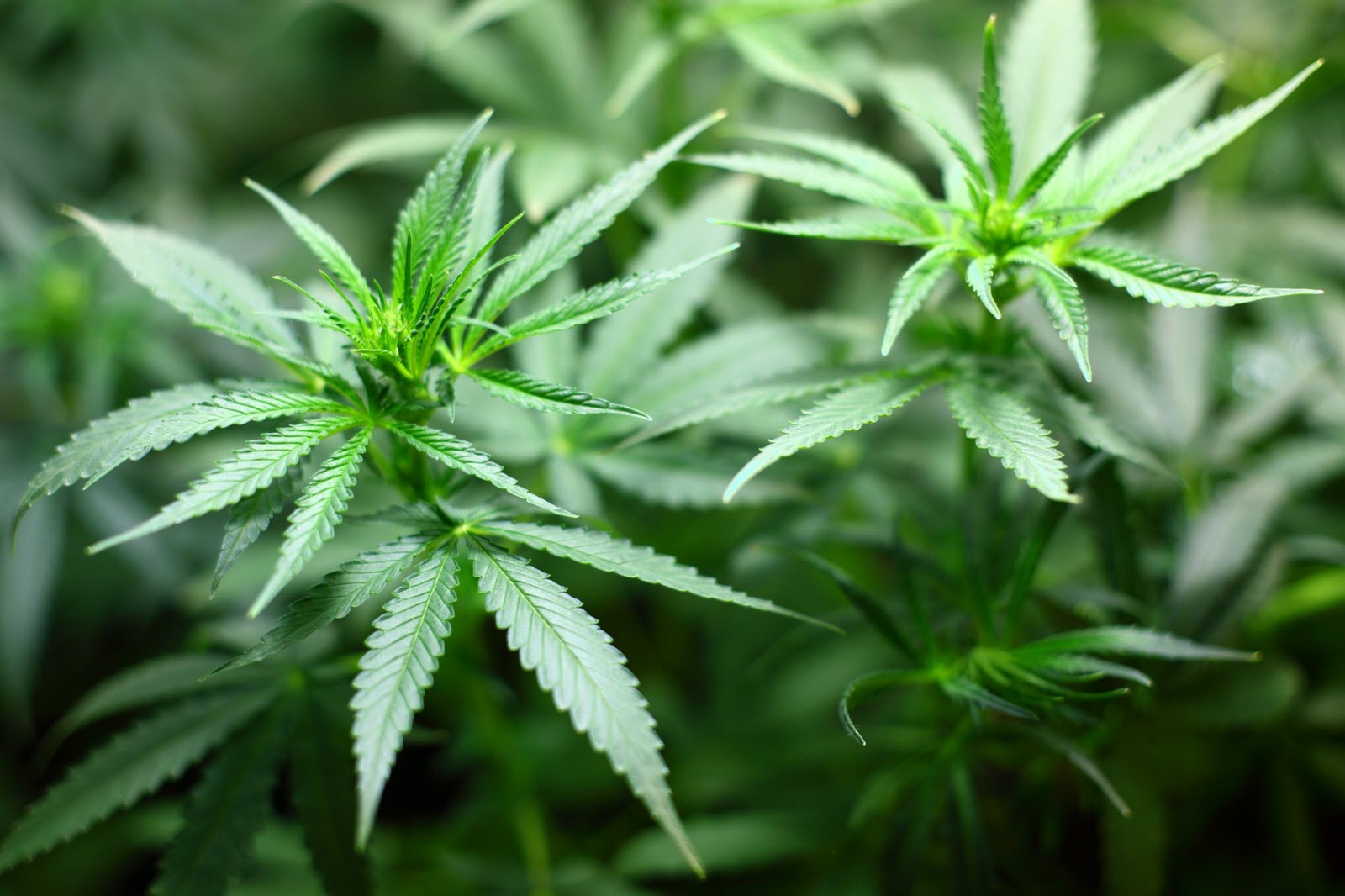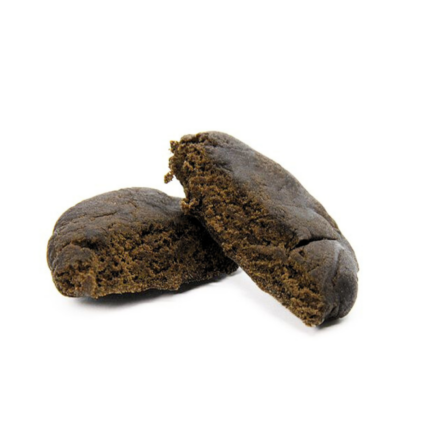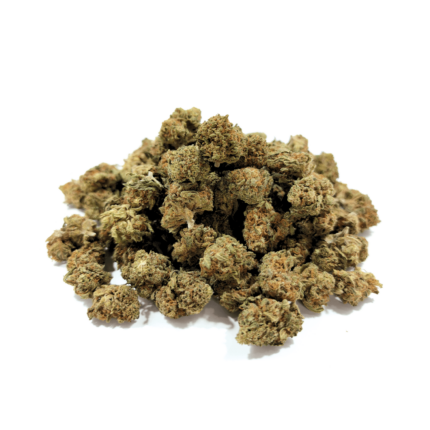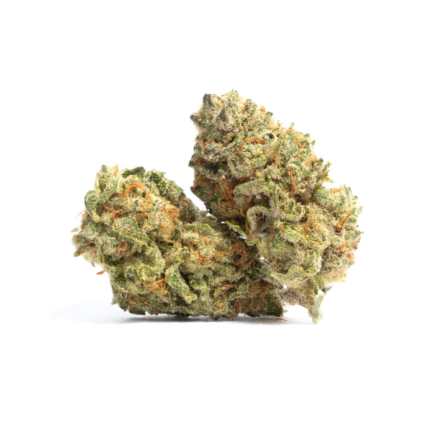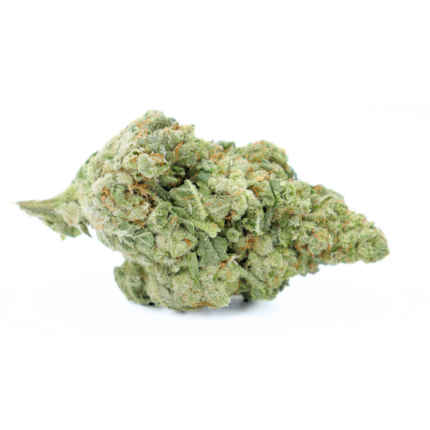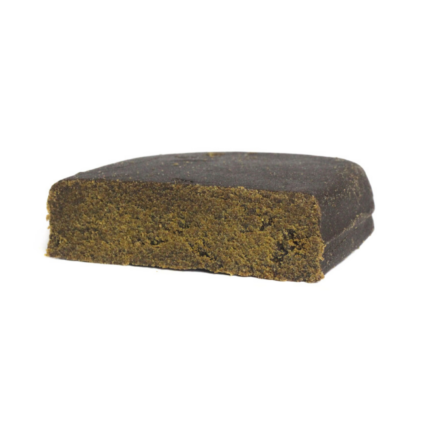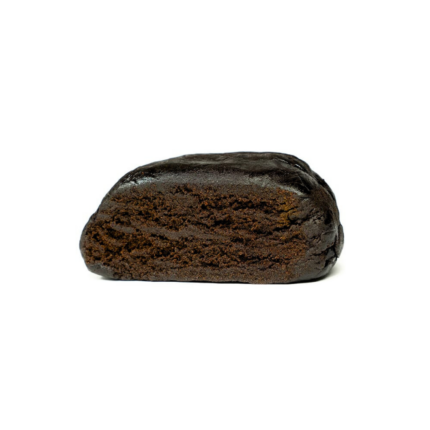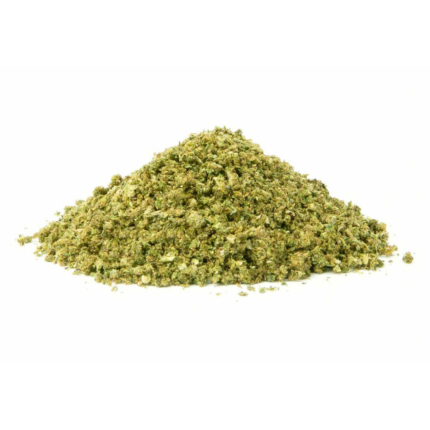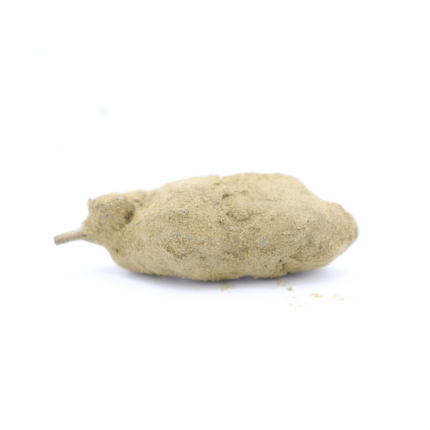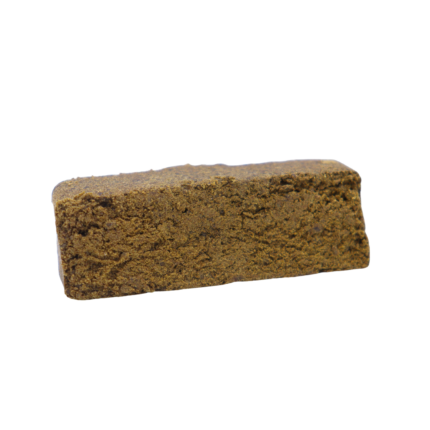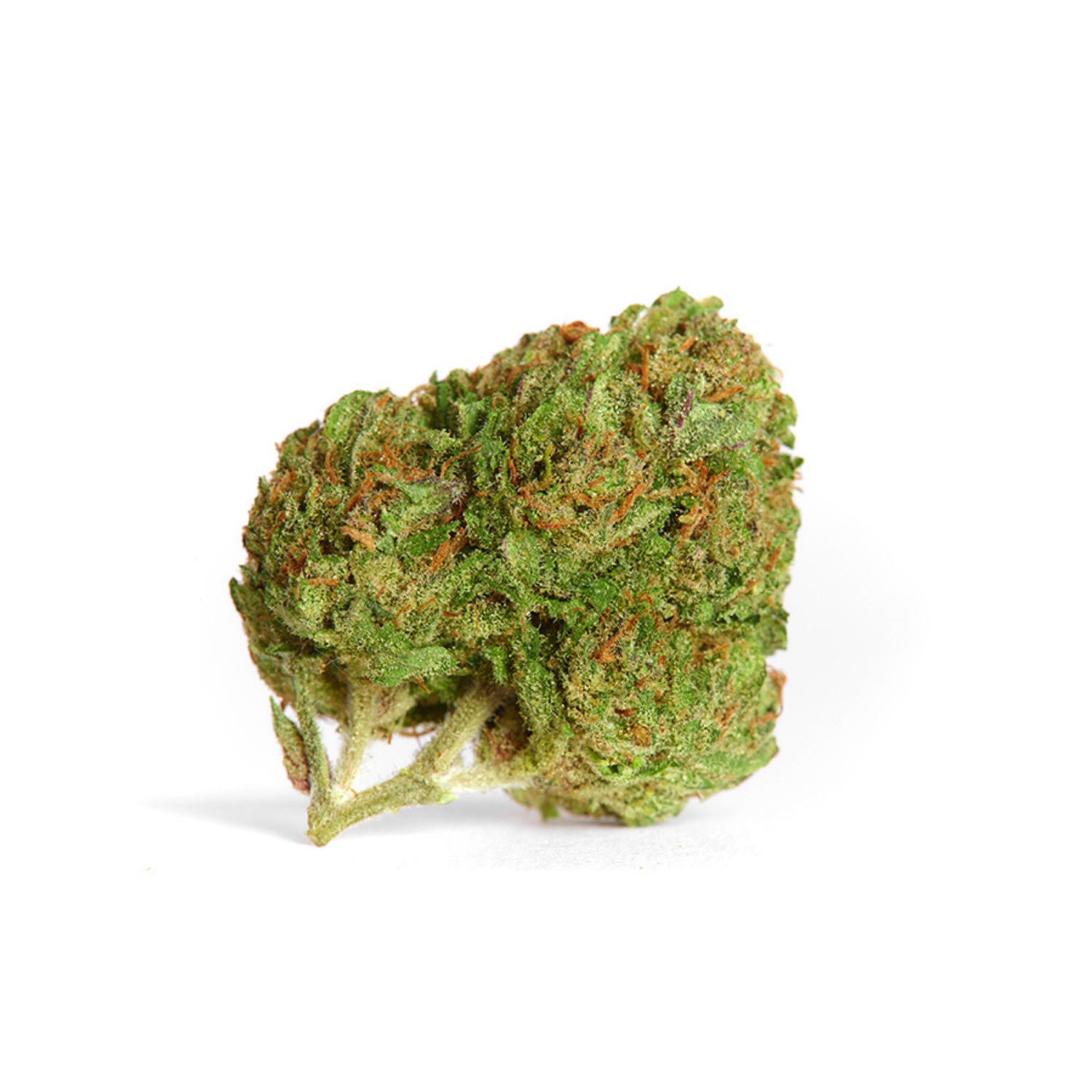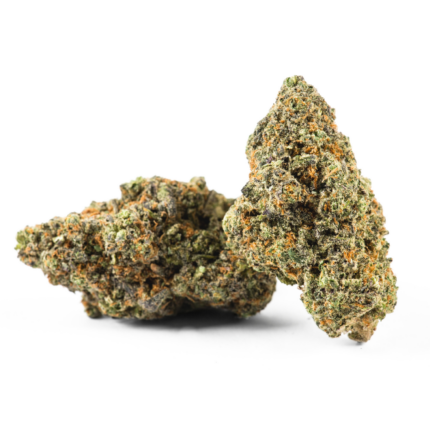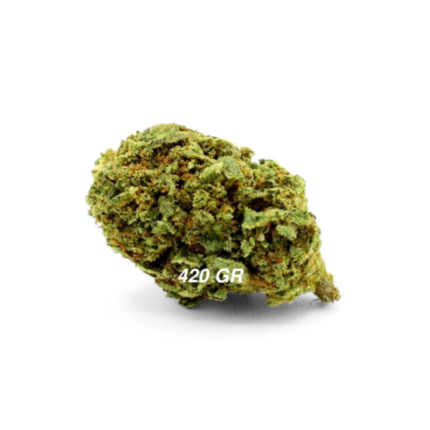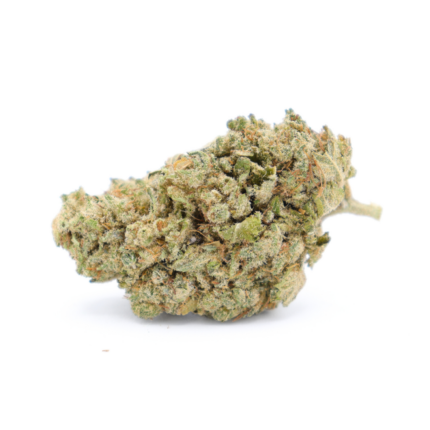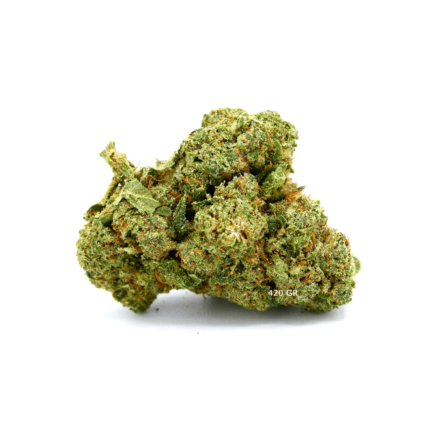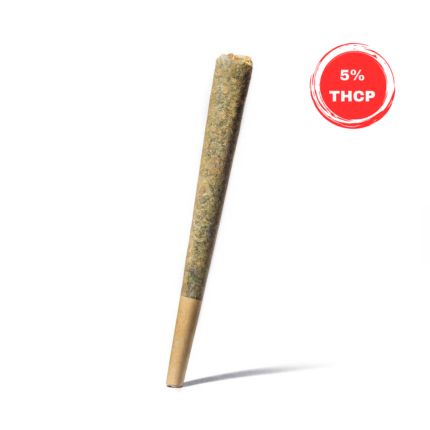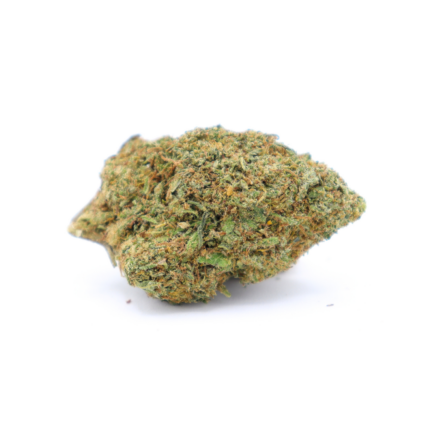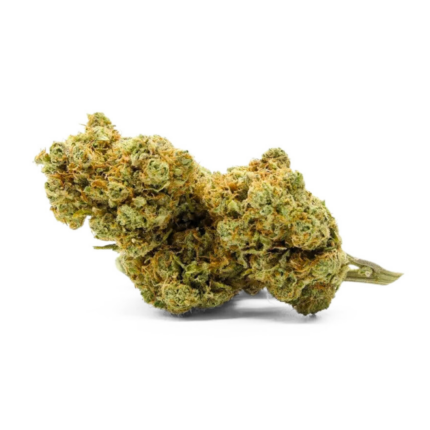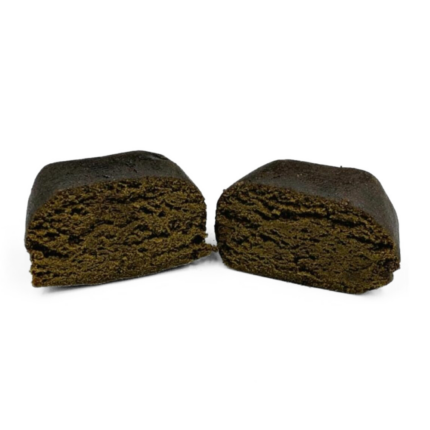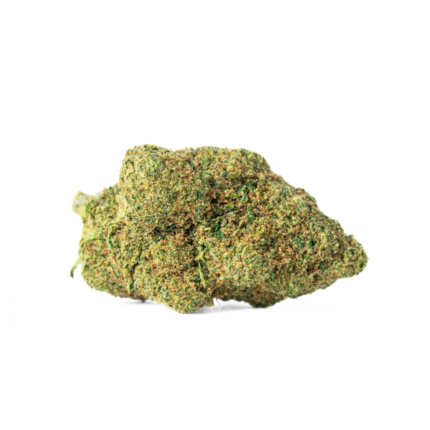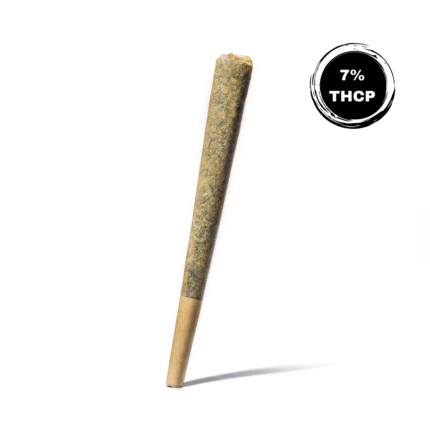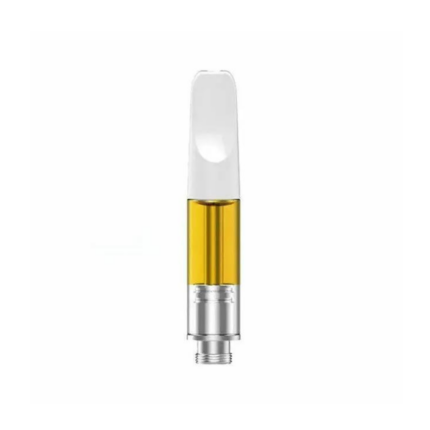THCP: Everything you need to know!
For millennia, the use and appreciation of cannabis has been widespread in cultures around the world. However, it's only recently, in the last century, that we've begun to demystify this fascinating plant, unveiling its many components. One of these recent discoveries is Tetrahydrocannabiphorol, more commonly known as THCP. Recently identified, it has aroused both excitement and curiosity in the scientific community!
Unlike THC and CBD, which largely dominate discussions around cannabis, THCP is something of a low-key newcomer, generating a growing buzz among connoisseurs and researchers thanks to or because of its intense THCP-like effects, but whose legal status has yet to be established.
Although it hasn't yet achieved the notoriety of its THC & CBD cousins, THCP is increasingly standing out, to the point of becoming the most fashionable cannabinoid of recent months and positioning itself as a player in the legal cannabis industry!
However, we'd like to stress the need for caution. Although THCP attracts a huge number of consumers, its use must be well supervised. Our mission is to ensure that every customer is fully informed before experimenting with this new, hair-raising cannabinoid!

